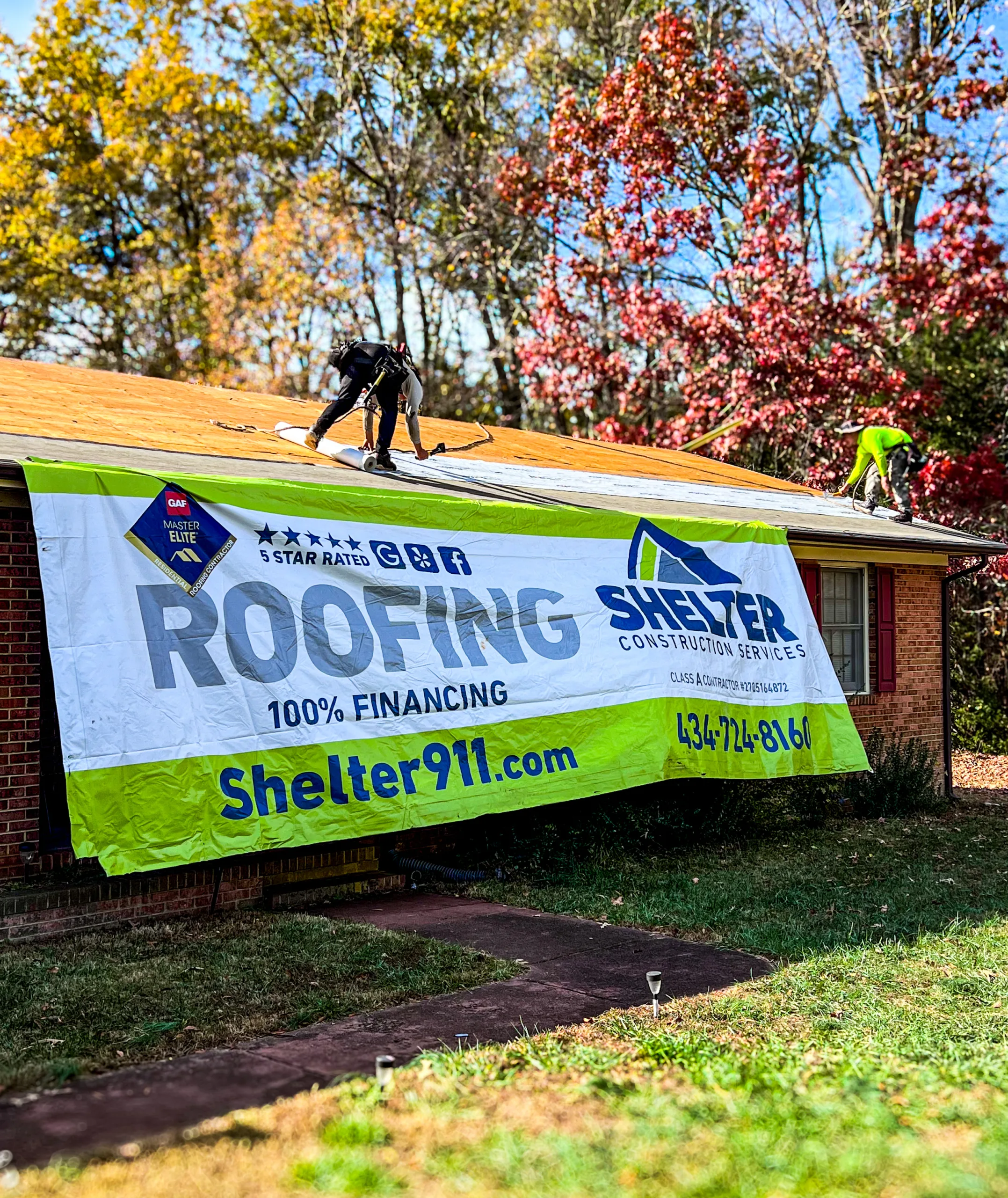-



1. How do I know it’s time to replace my roof?
There are several signs that indicate it may be time to replace your roof:
– Age: Most asphalt shingle roofs last around 20-25 years, so if your roof is approaching or exceeding this age, it’s worth considering a replacement.
– Missing or damaged shingles: If you notice many missing, cracked, curled, or damaged shingles, it may be a sign that your roof is deteriorating.
– Leaks: If your roof is experiencing frequent leaks, it could indicate underlying damage that may require a replacement.
– Sagging: A sagging roof is a serious issue and indicates structural problems. It should be addressed immediately.
– Granule loss: If you find a large amount of granules in your gutters or downspouts, it could mean that your shingles are deteriorating and nearing the end of their lifespan.
2. How do I find a roofing contractor I can trust?
Finding a trustworthy roofing contractor involves a few steps:
– Research: Look for local roofing contractors with a good reputation. Check online reviews, ask for recommendations from friends or family, and consult professional roofing associations.
– Credentials: Verify that the contractor is licensed, insured, and bonded. This ensures they meet the necessary requirements and provides protection for both parties.
– Experience: Choose a contractor with extensive experience in the roofing industry. Experienced professionals are more likely to deliver quality workmanship.
– Written estimates: Obtain detailed written estimates from multiple contractors. Compare the prices, materials, warranties, and scope of work before making a decision.
– Communication: Good communication is essential. Ensure that the contractor is responsive, answers your questions, and keeps you informed throughout the process.
3. What’s the best roofing material?
The best roofing material depends on various factors, including your budget, location, climate, and personal preferences. Here are a few popular options:
– Asphalt shingles: They are affordable, durable, and available in different styles and colors.
– Metal roofing: Provides excellent durability, energy efficiency, and longevity. It comes in various styles such as standing seam, metal tiles, or shingles.
– Slate: Known for its elegance and longevity, slate offers a beautiful and durable roofing solution. However, it can be expensive and requires professional installation.
– Clay or concrete tiles: Commonly used in Mediterranean or Spanish-style architecture, these tiles are durable, fire-resistant, and can last for decades.
– Wood shakes or shingles: Wood roofing offers a natural and rustic look. It requires regular maintenance but can be visually appealing.
4. How much does a new roof cost?
The cost of a new roof depends on several factors, including the size of your roof, the materials used, the complexity of the installation, your location, and the contractor you choose. It’s best to obtain estimates from local roofing contractors to get an accurate idea of the cost. On average, a new roof can cost anywhere from a few thousand dollars to tens of thousands of dollars.
5. How long does it take to replace my roof?
The duration of a roof replacement project depends on various factors, including the size of the roof, the complexity of the job, the weather conditions, and the efficiency of the roofing crew. In general, a straightforward roof replacement can take anywhere from a few days to a week. However, larger or more complex projects may take longer.
6. Does my new roof come with warranties?
Most reputable roofing manufacturers offer warranties on their products, which can range from 20 years to a lifetime, depending on the materials. Additionally, professional roofing contractors often provide workmanship warranties that cover the installation. It’s important to discuss warranties with your roofing contractor and carefully review the terms and conditions.
7. Will my homeowners insurance cover roof damage?
Whether or not your homeowners insurance covers roof damage depends on the specific policy and the cause of the damage. Generally, insurance policies cover damage caused by unexpected events like storms, fire, or falling objects. However, gradual wear and tear or lack of maintenance are typically not covered. It’s important to review your insurance policy or consult with your insurance provider to understand what is covered and what is excluded.